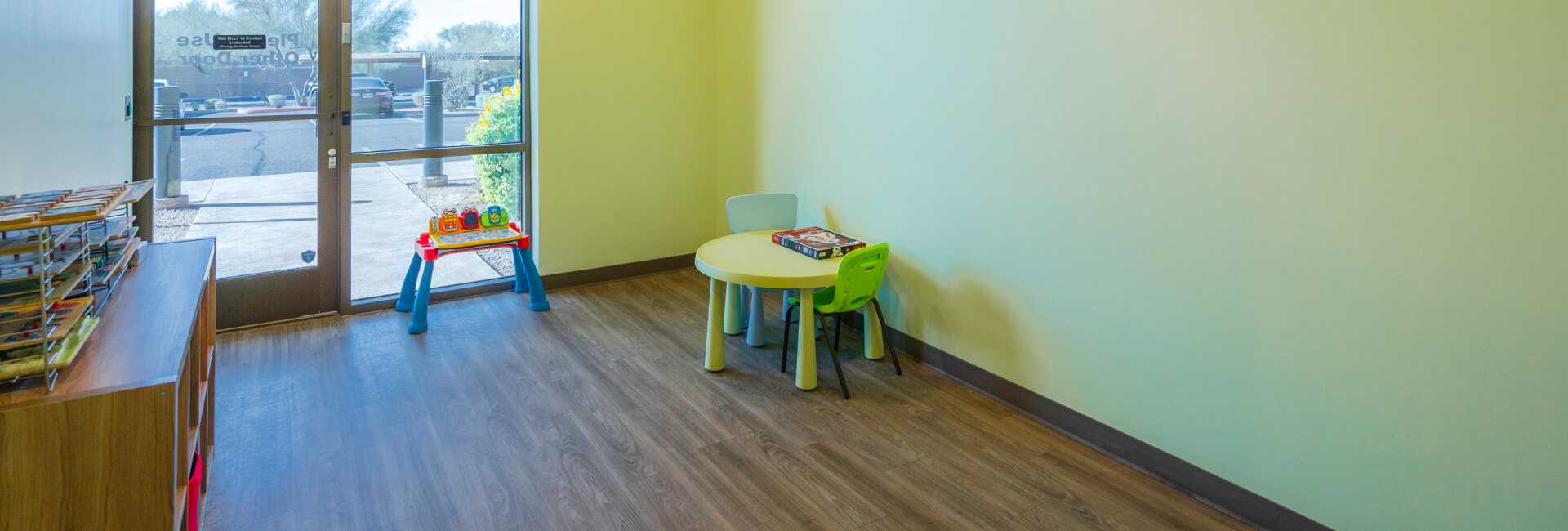Lesser Known Signs of Autism Spectrum Disorder
- Autistic disorder
- Asperger syndrome
- Pervasive developmental disorder not otherwise specified (PDD-NOS)
While you can receive an autism diagnosis at any age, ASD symptoms often appear within the first two years of life, which is why it’s referred to as a developmental disorder. When you have ASD, you can also have a varying spectrum of symptoms, skills, and levels of function.
So, how can you detect the signs of ASD in infants and children? As experts in Applied Behavior Analysis (ABA) therapy and behavioral health, our team at Scottsdale Pediatric Behavioral Services recommends watching for a number of the lesser-known indicators.
Sensory problems
These types of issues can include unusual reactions to sensations, like light, noise, or touch. At the same time, a child with ASD can also crave certain physical sensations and deep pressure. When a child is hyper- or hypo-reactive to stimuli, they can become overwhelmed by things like scratchy clothes, intense lights, or persistent sounds.
Gastrointestinal issues
While the exact cause isn’t known, children with ASD experience stomach or bowel issues more frequently than other kids. These types of symptoms might include stomach cramps, nausea, constipation, and chronic diarrhea, which can make their attempts to socialize even more challenging.
Behavioral issues
It’s common for children with ASD to display unusual or repetitive behaviors. But many also have behavioral problems, like attention deficit disorder (ADD) or attention deficit hyperactivity disorder (ADHD) as well. These behavioral issues may not respond to medications, but ABA therapy, customized to your child’s unique needs, often helps.
Learning differences
You may know that people with ASD communicate and interact differently. But they can also learn, think, and problem-solve differently as well. These often include exceptional strengths, like excelling in music, art, science, or math, or being able to remember detailed pieces of information. Children with ASD can also have diagnosable learning disabilities, like dyslexia.
Sleep problems
Little research has gone into disordered sleep and ASD. However, it’s a common problem for many on the autism spectrum. These types of challenges can range from difficulty falling asleep to waking up frequently during the night. Either way, not getting enough quality sleep can worsen ASD symptoms, impairing a child’s ability to socialize, behave, and think well.
Mental health disorders
Mood disorders and mental illnesses are lesser-known signs of ASD, but they are often comorbid. In fact, people with Asperger’s syndrome and high-functioning autism often have clinically diagnosable problems with depression, anxiety, and anger. At the same time, those with autism can often experience clinical depression, obsessive-compulsive disorder, bipolar disorder, or schizophrenia.
To reach an accurate diagnosis, you should look for a mental health expert who has experience working with people on the autism spectrum.
Seizures
Surprisingly, 1 in 4 children living with autism also has a seizure disorder. These episodes can range from brief spells of staring blankly to full-body convulsions. Fortunately, many seizure disorders respond positively to medical intervention.
If you think your child has some form of autism spectrum disorder, we can help. To learn more, contact us in North Scottsdale, Arizona by calling 480-410-4040 or by requesting a phone consultation online today.





